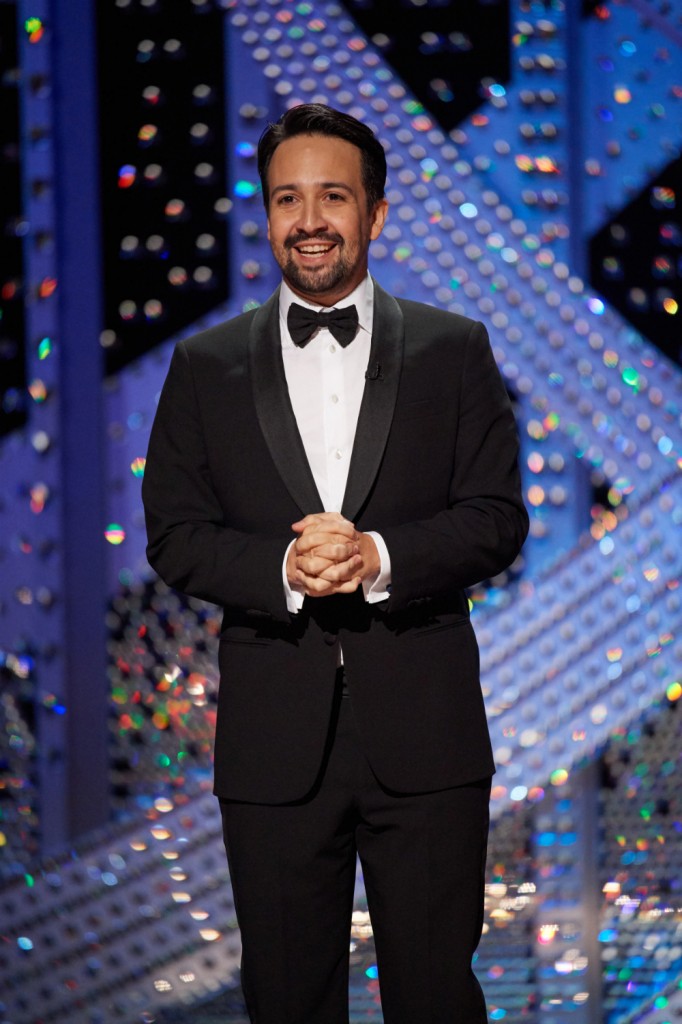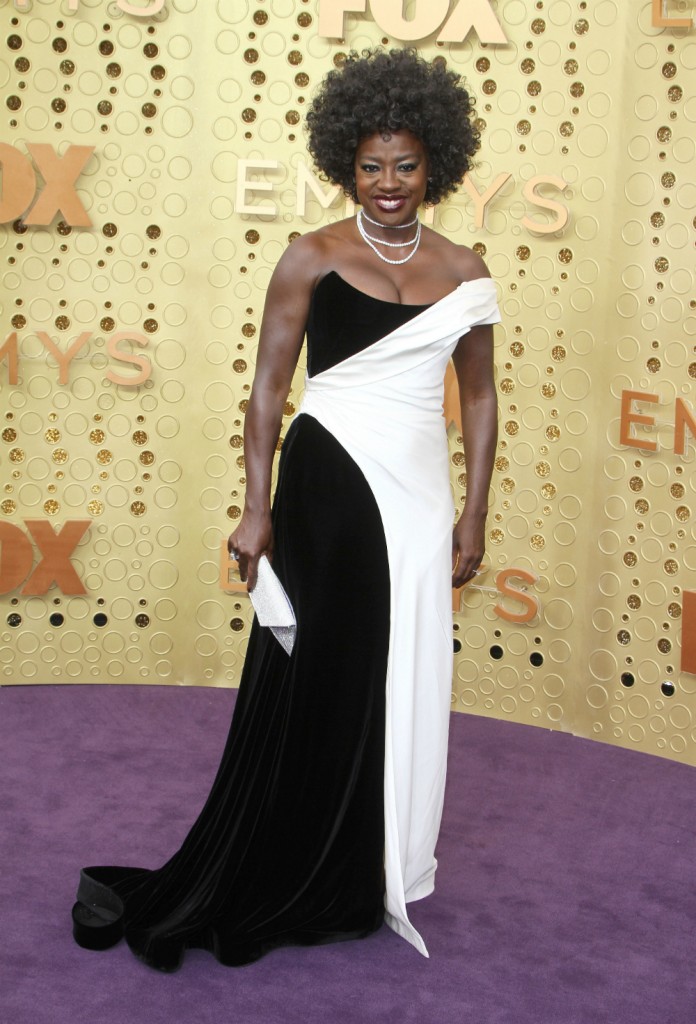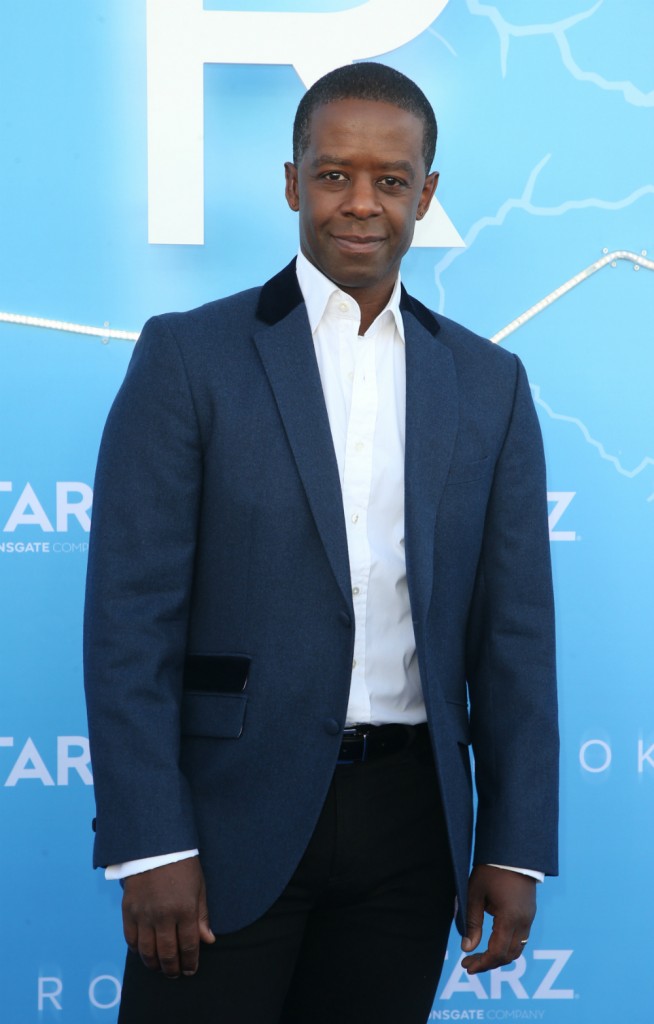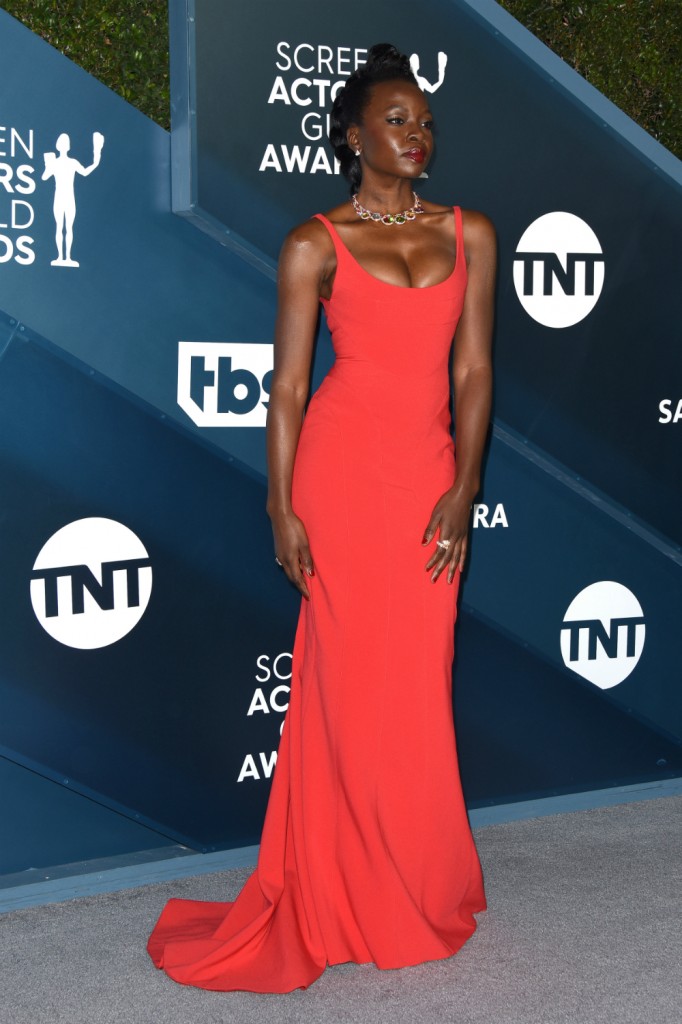One of the fascinating aspects (among many) of living through everything right now, is watching communities and groups who think they are above reproach get called out. Many corporations who made statements in favor of Black Lives Matter were swiftly reminded of their own practices and history that has worked against BLM. Cornel West recently reminded us that in addition to police brutality being allowed to happen without repercussion, the financial industry bankrupted its citizens and were also given no consequences for their crimes. And, of course, we are watching actor after actor make hollow statements about standing in solidarity, only to be exposed for terrible acts of racism in their sometimes not-so-distance pasts. Many are trying to deflect attention to the person next to them, ‘boy look how racist they are.’ Not anymore. Over 300 of the Black, Indigenous, and People of Color (BIPOC) in the theater community put the entire white theater community on notice that they’ve been watching their bs for too long and it ends now.
Dear White American Theater,
We come together as a community of Black, Indigenous, and People of Color (BIPOC) theatremakers, in the legacy of August Wilson’s “The Ground on Which I Stand,” to let you know exactly what ground we stand on in the wake of our nation’s civic unrest.
We see you. We have always seen you. We have watched you pretend not to see us.
We have watched you un-challenge your white privilege, inviting us to traffic in the very racism and patriarchy that festers in our bodies, while we protest against it on your stages. We see you.
We have watched you program play after play, written, directed, cast, choreo- graphed, designed, acted, dramaturged and produced by your rosters of white theatermakers for white audiences, while relegating a token, if any, slot for a BIPOC play. We see you.
We have watched you amplify our voices when we are heralded by the press, but refuse to defend our aesthetic when we are not, allowing our livelihoods to be destroyed by a monolithic and racist critical culture. We see you.
We have watched you inadequately compare us to each other, allowing the failure of entire productions to be attributed to decisions you forced upon us for the comfort of your theater’s white patrons. Meanwhile, you continue to deprioritize the broadening of your audiences by building NO relationship with our communities. We see you.
We have watched you harm your BIPOC staff members, asking us to do your emotional labor by writing your Equity, Diversity and Inclusion statements. When we demanded you live up to your own creeds, you cowered behind old racist laments of feeling threatened, and then discarded us along with the val- ues you claim to uphold. We see you.
We have watched you discredit the contributions of BIPOC theatres, only to co-opt and annex our work, our scholars, our talent, and our funding. We see you.
We have watched you turn a blind eye as unions refuse to confront their rac- ism and integrate their ranks, muting the authenticity of our culture and only reserving space for us to shine out front on your stages but never behind them. We see you.
We have watched you dangle opportunities like carrots before emerging BI- POC artists, using the power of development, production, and awards to quiet us into obedience at the expense of our art and integrity. We see you.
We have watched you use our BIPOC faces on your brochures, asking us to politely shuffle at your galas, talkbacks, panels, board meetings, and donor dinners, in rooms full of white faces, without being willing to defend the sanc- tity of our bodies beyond the stages you make us jump through hoops to be considered for. We see you.
We have watched you hustle for local, federal, foundation and private funding on our backs, only to redirect the funds into general operating accounts to cover your deficits from years of fiscal mismanagement. We see you.
We have watched you hire the first BIPOC artists in executive leadership, only to undermine our innovations and vision of creating equitable institutions, by suffocating our efforts with your fear, inadequacy, and mediocrity. We see you.
We have watched you attend one “undoing racism workshop,” espousing to funders you are doing the work, without any changes to your programming or leadership. You’ve been unwilling to even say the words “anti-racism” to your boards out of fear of them divesting from your institutions, prioritizing their privilege over our safety. We see you.
We have watched you promote anti-Blackness again and again. We see you.
We have watched you say things like – I may be white, but I’m a woman. Or, I may be white, but I’m gay. As if oppression isn’t multi-layered. We see you.
We have watched you exploit us, shame us, diminish us, and exclude us. We see you.
We have always seen you.And now you will see us.
We stand on this ground as BIPOC theatremakers, multi-generational, at var- ied stages in our careers, but fiercely in love with the Theatre. Too much to continue it under abuse. We will wrap the least privileged among us in protec- tion, and fearlessly share our many truths.
About theatres, executive leaders, critics, casting directors, agents, unions, com- mercial producers, universities and training programs. You are all a part of this house of cards built on white fragility and supremacy. And this is a house that will not stand.
This ends TODAY.
We are about to introduce you…to yourself.
Signed,
The Ground We Stand On
[From We See You W.A.T. via Deadline]
Among those who signed the letter are Lin-Manuel Miranda, Viola Davis, Sandra Oh, Uzo Aduba, Sterling K. Brown, Cynthia Erivo, Danai Gurira, Blair Underwood, Anika Noni Rose, Leslie Odom Jr., Adrian Lester and Sanaa Lathan. That’s a very powerful statement. They left no stone unturned. I especially felt, “asking us to do your emotional labor by writing your Equity, Diversity and Inclusion statements.” One of the strengths of this letter is there is no language to deflect attention. At no point do they mention, ‘of course it’s not all of you, but there are a lot of people doing this.’ No one is allowed to think they are above reproach in how long we’ve allowed our broken system to stay in place. Every single person who reads this letter will have to examine themselves and their actions in perpetuating an unjust society. I’m reading a bunch of celebrities I follow on social media – many of whom I like – talk over BIPOC voices to discuss the injustices done to the BIPOC communities and I’ll bet you dollars to donuts they think they’re ‘helping.’ Every industry can replace “theater” with their own and the letter still applies. Maybe they don’t come for my industry or yours right away, it doesn’t mean we can’t examine ourselves as individuals. Personally, I am starting with the line, “meanwhile, you continue to deprioritize the broadening of your audiences by building NO relationship with our communities.” I think I’ve done the work, but I’m will to wager if I ask the BIPOC in my life, they’d have a laundry list of how I could be doing more or better.
Griffin Matthews, the co-writer of the musical Invisible Thread (formerly Witness Uganda) filmed this emotional message detailing some of the racist behavior he’s been on the receiving end of, much of which is referenced in the letter above. But Griffin puts faces to specific instances and calls them all by Amy Cooper’s name and then explains why. It’s potent, much like the letter, and I suggest you listen to it. Plus he’s totally right about Book of Mormon.
Join us in demanding change for BIPOC theater artists at https://t.co/LQuqHwVvLP. #WeSeeYou #TomorrowTherellBeMoreOfUs pic.twitter.com/xELs1oJR6K
— Lin-Manuel Miranda (@Lin_Manuel) June 9, 2020
Photo credit: Twitter, Instagram and WENN/Avalon















Dang that was powerful. Book of Mormon, anybody? I always wanted to get tickets but I am so uncomfortable in broadway theaters, so I only go maybe once a year. Has anyone seen it? You know what, never mind, I found a synopsis of it, I honestly had no idea about the Uganda setting. I guess I am really ignorant about some things. I had no idea that’s what this was about.
I’ve seen Book of Mormon twice. I never though it was racist, I thought it was more of a criticism of the mormon faith and other faiths that go to countries like Africa to proselytize and convert people without understanding their culture or background. The mormon faith especially, which sends 19 year old boys to convert people from a faith that until the, what, 1970s did not allow black people to join and stated in their book that basically “they were black because they were evil and God made their skin dark” (they point these things out in the musical). But maybe this is me coming from a point where I know a lot of Mormons and I felt it was a good criticism of them and christianity as a whole for their missionaries.
Doesn’t it include the missionaries telling the Ugandan villagers to have sex with frogs to cure their AIDS? It was pretty bad. Also the general white savior theme.
I felt it was overall a mockery of the White Saviour & missionary ideas? (Esp “I Am Africa”), though I def think there were some missteps with the portrayals of Africans & AIDs
The music is pretty frikin amazing though
Wow, that is a powerful letter. I need to go on IG to watch the video you linked.
The video on IG is powerful, I just shared it to my feed. People claim they are ready to listen, they should listen to Mr. Mathews.
This is a powerful post!
Including Griffin Mathews video brought the article to another level.
Thanks CB for open reporting.
Amazing.
Wow that was a powerful letter. I’m glad this has brought the BIPOC community together and organized against this discrimination. I can only imagine the amazing things this will produce. Can’t wait to see actual and more diverse stories on stage.
Kristen Bell posted this same letter on her Instagram account. That seems particularly rich since it was Josh Gad (of Book of Mormon fame) who hired her to play a biracial character in her current show for AppleTV. Don’t believe these white actors who claim to be anti-racist and outraged about racism. They will keep hiring their friends and keep up the status quo if it means they get another job. We see them, even though they don’t truly see themselves.
What?!? Wow, that’s pretty ballsy, especially since I thought we already went through why you don’t do that with Anna Kendrick and Emma Stone. I have to look up more about this.
Gad and creator Loren Bouchard literally said they hired their friends and found hiring Bell as a biracial character a “conundrum.” He said Bell was the best person for the role despite her being the wrong race. He also hired men to play women roles. And the list of songwriters I saw was all white, but maybe I didn’t see the entire list. I’m pretty sure I could name half dozen biracial actresses off the top of my head who could do the part as well Bell, but it’s always about the money and the job. Why would Bell take on the role? It’s pretty crazy to see her post about teaching her children to be anti-racist when she won’t turn down a job that should go to a minority. (You forgot Scarlett Johansson from your list. Remember when she said some nonsense about being able to play a tree if she wanted to?)
Wow, this video says everything I’ve experienced — from the corporate world to the school board to the community boards. That’s just the minority American experience in America. Powerful stuff.
1. That letter is amazing.
2. Matthews is right — Broadway is racist, “Book of Mormon” is also racist in South Park’s usual “well we hate and degrade EVERYONE so it doesn’t count as bigotry” take (which I’m not a fan of, equity versus equality, etc).
3. Wooooooooow am I uncomfortable with a lot of Matthews’ video, though.
First off — no, the director of a musical does not work for the writer. He did not pay her salary. He did not hire her. And — which is why she was able to say that — he could not fire her, either. A sad reality of the lives of professional creatives is the people with the immense amount of money required to put everything in motion are in charge, not the ones with the vision or talent. They decide the hierarchy, and yeah, they’re going to trust their investment more with a Tony Award-winning director than writer with his first stage show. Is it unfair and biased and institutionally facilitating of racism, considering how few people of color have the immense money or the opportunities to become lauded in their fields? Yes! Is it really equivalent to a law-breaking woman threatening murder by cop for his director to underline the plain facts of their situation?
And as someone familiar with “Witness Uganda”/”Invisible Thread” and its reviews (and the minor drama kicked up in response to some of those reviews), I’m really uneasy about his insistence that some were out to destroy his career or degrade him as a person. Critics got to critic, I mean, even Sondheim was almost taken out at the knees by the bastards in his heyday — if you put out art for public consumption, people are going to say things that are critical, right or wrong in their evaluations. If you make a musical written by yourself, starring yourself, based on your own life, you have to be ready for people to consume and judge those aspects as well. Especially if you include elements like your emotional affair with your teenage student whose entire education, and therefore future, depends on you.
As much as I admire his talent, insight, and bravery in speaking up about the different guises of racism in that industry, I also can’t shake the feeling he also used the opportunity to settle some more personal and — I’m just going to say it — petty scores.
I work in Theatre (worked on BOM even) and I agree with everything you have written here.
Matthews is clearly in pain but to chose the life of an artist/creative person in the arts means you also have to deal with rejection and compromise if you are going to collaborate on any project.
The industry is racist and definitely needs to change but he’s not entirely right about everything he says here.
It is a beautiful statement. I am concerned about the blame laid on white women, the Karen’s and Becky’s and Amy’s. The blame should be on white men. No one is immune, but the cause is white men.
Nope, white men and women are to blame.
In 25-30 years, whites will slip below 50% of the US population. But that’s still a long way off.
POC need to band together now, and let their money do the talking. ONLY patronize minority-owned businesses. ONLY watch movies if there are prominent roles for minorities (not just acting, but directing, writing, etc.). Stop patronizing businesses that are clearly racist. If you can’t find a particular minority-owned business, then maybe get a group together to discuss starting one. White businesses will only care when it starts to hurt them financially, otherwise it’s just patronizing lip service. I’m sorry if that sounds like reverse-discrimination, but I really believe that.